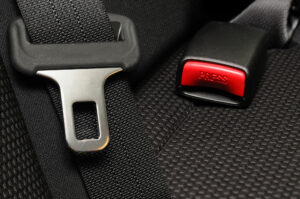In an earlier post, we reviewed the steps to take when suing ICBC as a nominal defendant in a hit-and-run case.
The recent BC Supreme Court case Morris v. Doe gives us an example of failing to follow these critical steps.
In April 2006, Mrs. Morris was a passenger in a car that is rear-ended. The driver of the other car leaves the scene without giving his name or license plate number. Mrs. Morris files a hit-and-run claim and sues ICBC as a nominal defendant.
The Insurance (Vehicle) Act states that those suing ICBC as nominal defendants must make all reasonable efforts to identify the unknown owner and driver responsible for the accident. ICBC adjusters do not inform Mrs. Morris of this legal requirement.
Mrs. Morris does not search for witnesses by posting signs at the accident scene or running ads in the local paper. She does not follow up with the police to see if they have located the offending driver. She has one witness, Mr. Gordon, and believes that his testimony will be sufficient in supporting her case.
The Judge dismissed Mrs. Morris’s claim, saying she failed to make all reasonable efforts to identify the offending driver and owner. She is required to pay ICBC’s legal costs from defending the lawsuit.
Mrs. Morris goes back before the same Judge and asks to be relieved of having to pay the legal costs of ICBC. She says that paying ICBC’s legal costs will “financially cripple” her. She says ICBC should have told her what steps to take to protect her legal right to sue.
But the Judge says the law does not require ICBC to inform people of the necessary requirements to sue ICBC as a nominal defendant in a hit-and-run case. Again, the Judge makes Mrs. Morris pay the additional legal costs of ICBC.







